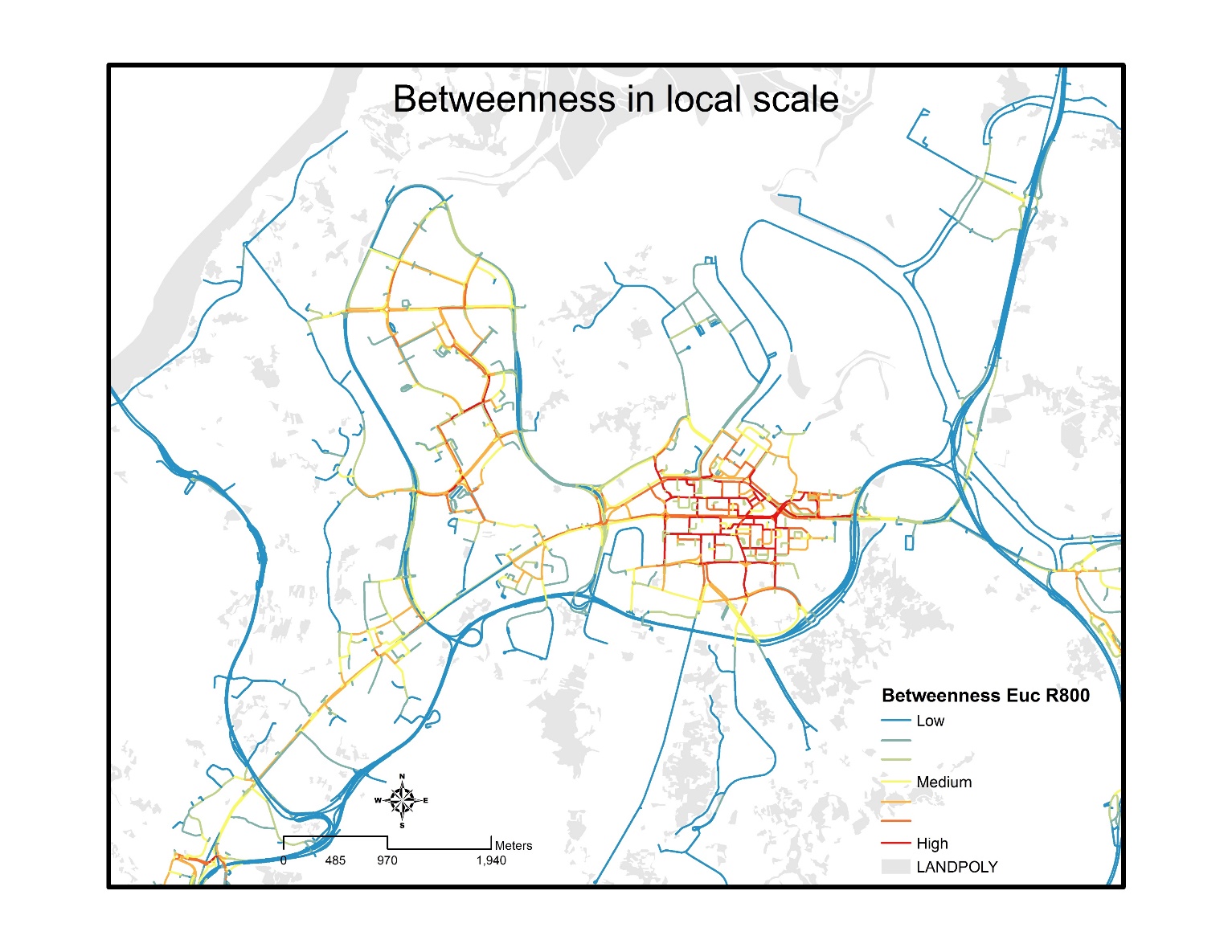Download Slides PDF
A Spatial Data Infrastructure (SDI) is a framework of geospatial data,
metadata, users and tools intended to provide an efficient and
flexible way to use spatial information. One of the key software
components of an SDI is the catalogue service which is needed to
discover, query, and manage the metadata. Catalogue services in an SDI
are typically based on the Open Geospatial Consortium (OGC) Catalogue
Service for the Web (CSW) standard which defines common interfaces for
accessing the metadata information.
A search engine is a software system capable of supporting fast and
reliable search, which may use “any means necessary” to get users to
the resources they need quickly and efficiently. These techniques may
include features such as full text search, natural language
processing, weighted results, fuzzy tolerance results, faceting, hit
highlighting, recommendations, feedback mechanisms based on log
mining, usage statistic gathering, and many others.
In work funded by the National Endowment for the Humanities, the
Centre for Geographic Analysis (CGA) at Harvard University is in the
process of re-engineering the search component of its public domain
SDI (WorldMap http://worldmap.harvard.edu) which is based on the
GeoNode platform. In the process the CGA has developed Harvard
Hypermap (HHypermap), a map services registry and search platform
independent from WorldMap.
The goal of HHypermap is to provide a framework for building and
maintaining a comprehensive registry of web map services, and because
such a registry is expected to be large, the system supports the
development of clients with modern search capabilities such as spatial
and temporal faceting and instant previews via an open API. Behind the
scenes HHypermap scalably harvests OGC and Esri service metadata from
distributed servers, organizes that information, and pushes it to a
search engine. The system monitors services for reliability and uses
that to improve search.
End users will be able to search the SDI metadata using standard
interfaces provided by the internal CSW catalogue, and will benefit
from the enhanced search possibilities provided by an advanced search
engine. HHypermap is built on an open source software stack.

no links
no file attachments

